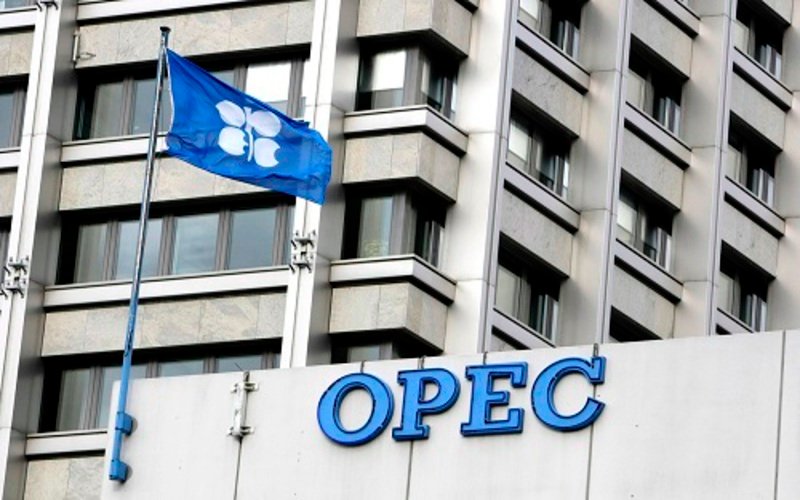OPEC+ meetings may agree to more output curbs. As oil prices fall and a supply glut looms, OPEC and its allies begin two days of negotiations on Saturday that may result in production cuts of up to 1 million barrels per day, OPEC+ sources told Reuters.
OPEC+, the Organization of the Petroleum Exporting Countries and allies led by Russia, produces 40% of the world’s crude. Therefore its policies can affect oil prices.
On Friday, three OPEC+ sources told Reuters that cuts were being considered for Sunday’s Vienna meeting at 2 p.m. (1200 GMT). Saturday’s 11 a.m. OPEC ministerial meeting precedes it.
The sources said cuts might add 1 million bpd to the 2 million bpd and 1.6 million bpd voluntary cuts announced in April and implemented in May.
This would lower global demand by 4.66 million bpd, or 4.5%.
“This number is premature, we didn’t go into these things (yet),” Iraq’s oil minister Hayan Abdel-Ghani told reporters on Saturday about a 1 million bpd drop.
Ministers can delay output cuts but they usually take effect the next month.
Western nations accuse OPEC of manipulating oil prices and damaging the global economy through excessive energy expenses. In addition, despite Western sanctions over Russia’s invasion of Ukraine, the West has accused OPEC of favoring Russia.
OPEC leaders said the West’s money-printing over the previous decade had caused inflation and compelled oil-producing nations to act to safeguard the value of their main export.
China and India have acquired most Russian oil exports and resisted Western sanctions.
“We look forward to a resolution that will sustain supply and demand,” stated UAE Energy Minister Suhail Al Mazroui.
Ministers met the media in Vienna hotels. OPEC has barred Reuters and other media from its headquarters.
In April, the unexpected output announcement boosted oil prices by $9 per barrel to above $87, but concerns about global economic growth and demand drove them down. Brent was $76 Friday.
Last Monday, Saudi Arabia’s Energy Minister Prince Abdulaziz warned oil shorts to “watch out,” implying more supply restrictions.
According to Russian media, Russian Deputy Prime Minister Alexander Novak later indicated he did not expect any additional moves from OPEC+ in Vienna. Novak, a U.S. sanctions target, will attend Sunday discussions in Vienna.
In the second half of 2023, the International Energy Agency anticipates growing global oil consumption, potentially raising oil prices.
JPMorgan analysts said OPEC had not responded swiftly enough to record U.S. output and higher than projected Russian shipments.
“There is simply too much supply,” JPMorgan analysts wrote, adding that extra cutbacks might total 1 million bpd.
OANDA broker Edward Moya said, “The oil market is doubtful a consensus for another output cut can be reached between the Saudis and Russians, but traders should never underestimate what the Saudis will do and leverage during OPEC+ meetings.”















































Comment Template